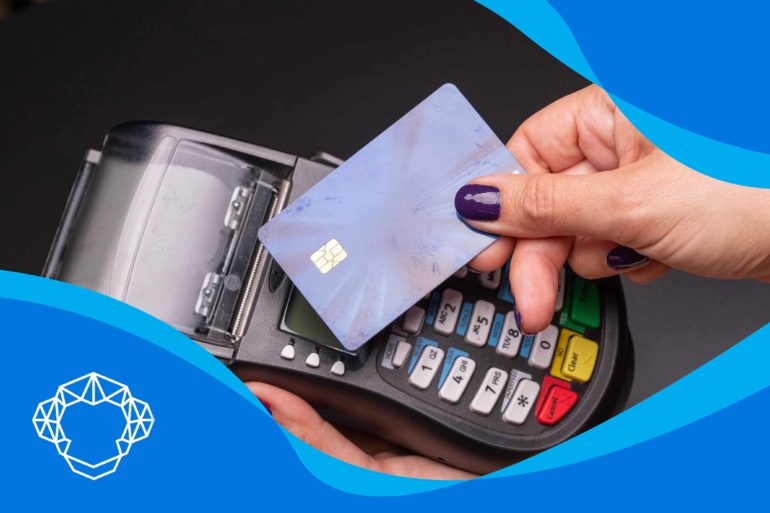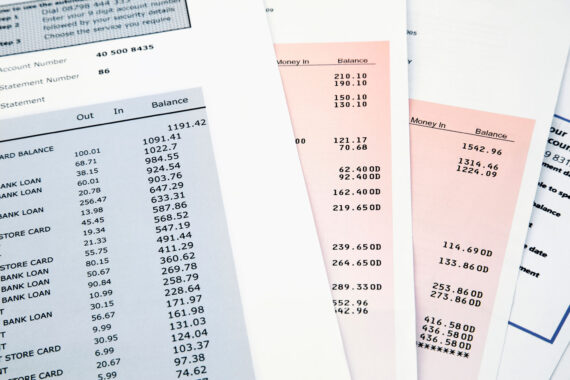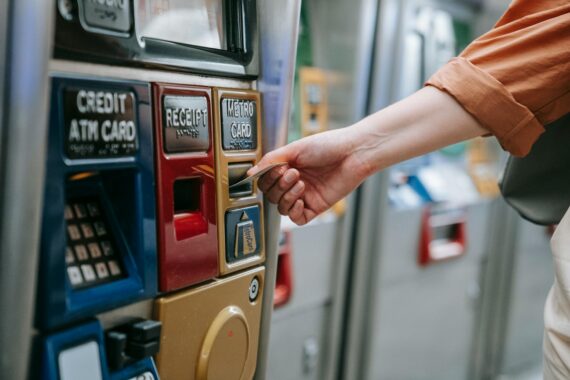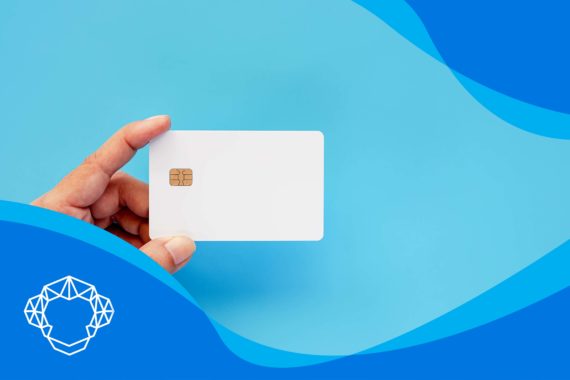The point of sale system is something that a modern business can’t be run without. Although it has enhanced the way transactions occur, there are still plenty of small businesses that don’t use it. Implementing new technologies is a significant change, and a lot of retailers are afraid of the unknown. Questions such as what is POS fee and how many of them are there are essential, but they shouldn’t stop you from improving your business. So let’s try to answer those questions and clear out all doubts.
What Do You Mean by POS?
This is an abbreviation for point of sale system. It is a machine or a terminal used for processing payments and transactions between a merchant and a customer. However, even a cash register could be considered a point of sale, although it usually refers to specially-designed machines for processing payments. There are several types of them, but generally, they all strive to provide fast and efficient service for retailers looking to improve or expand a business.
Hardware and Software Components of a Point of Sale Payment System
Although you can now find a hybrid and cloud-based point of sale system where everything is integrated into one device, in most cases, this system has two main compounds. A touchscreen computer that operates with software to complete orders and process all payments. On the other hand, a hardware bundle typically includes:
- Terminal
- Credit card reader
- Receipt printer
- Cash drawer
- Barcode scanner
What Does POS Mean on Bank Statements?
The monthly bank statement can help you track all your transactions, and go through them to check the use of your debit card. In case you notice a transaction that you haven’t made, you should contact your bank to check it.
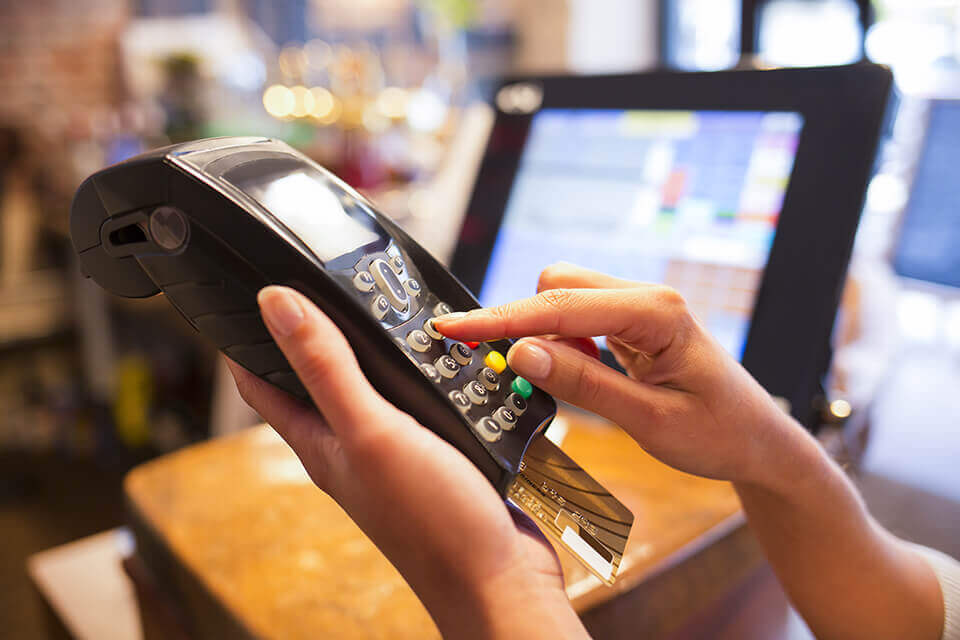
Point of Sale – POS Fees
Although there are free POS systems, it is essential to mention that they aren’t entirely free and that they come with certain restrictions. Before committing to one system, ask about all additional charges; sometimes they are included, but features such as tech support or upgrades are usually not. The price of these systems varies, and it depends on the size of business and the package you opt for.
Standard Fees for Small Businesses
- Transactional – the highest cost when accepting credit cards, charged whenever a transaction occurs.
- Incidental – these might be charged at certain circumstances, for example, when a chargeback occurs.
- Scheduled – flat fees that you can check on your monthly merchant statement, arranged by the contract.
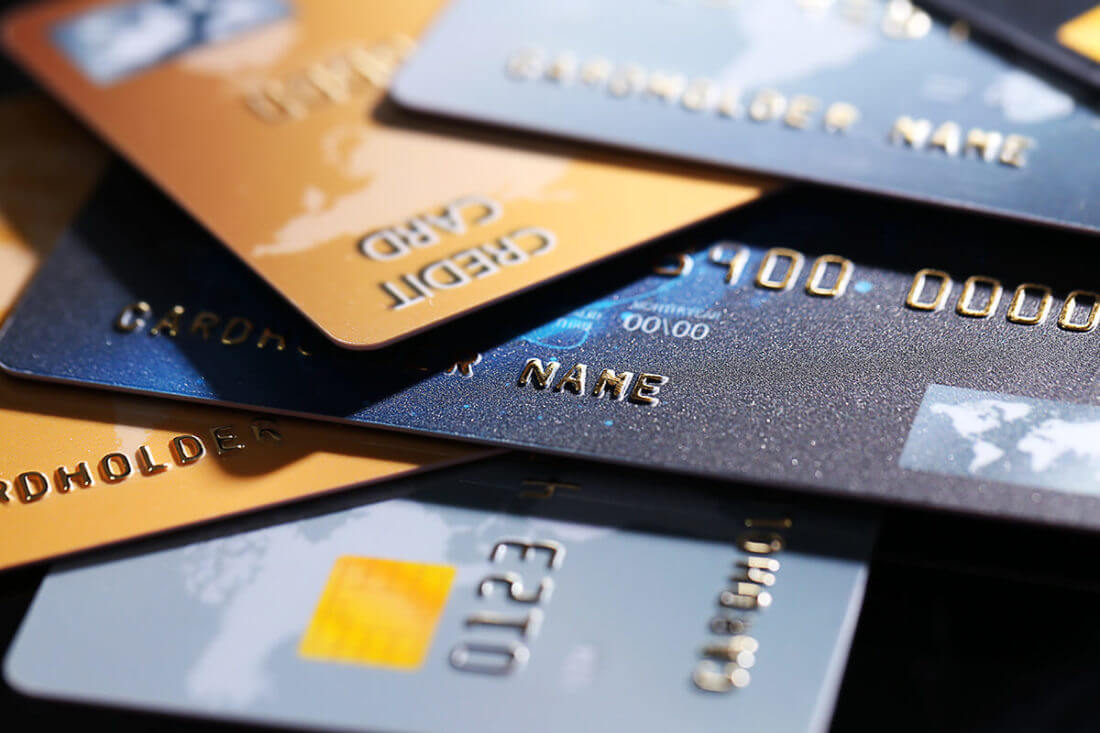
Can Merchants Charge Credit Card Processing Fees?
Some retailers are charging their customers when they pay with a credit card, which is the so-called credit card convenience fee. However, this is not legal in all states. Currently, in ten states, surcharges are not allowed. Imposing surcharges comes with its pros and cons, so consider them well before making this decision.
There is also the POS WAT communication fee, charged whenever the terminal dials the toll-free number 800 to send or receive information. WAT stands for wide-area telephone service, and this authorization fee is charged additionally. Just make sure you watch your cybersecurity.
What Is a POS Decline Fee?
If you don’t have enough funds on your bank account, not only will your transaction be declined, but your bank will most likely charge you a decline fee. It usually depends on the bank and the terms of your account, but some even offer to sign up for overdraft protection.
What Is a Foreign ATM or POS Fee?
If you notice an extra charge named Foreign or International Transaction Fees, it means that your vendor is located outside of your country. Your credit card issuer may also charge extra for transactions in a foreign currency.
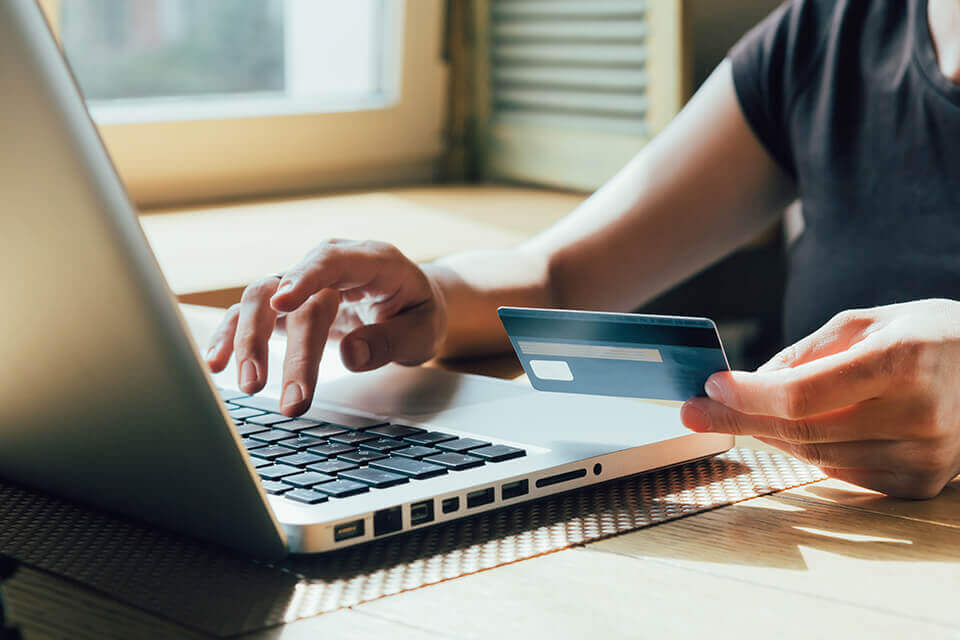
Is Square the Best Payment Service for a Smaller Merchant?
If not the best, Square is probably one of the top three services for small business owners. It doesn’t require you to use a merchant account or to pay any monthly costs. However, its flat rate and an added fixed fee can be too pricey for small businesses with a small average ticket.
How Much Square Charges per Transaction When Using a Chip Card Reader
Credit card transaction fees can be hard to understand, but Square doesn’t have any hidden fees that could increase their rates. Square accepts chip cards, and its standard processing cost is applied to them. Currently, Square payment fee is 2.6% and 10 cents, for contactless swiped, and inserted cards, including debit ones. For the card on file payments, manually processed, you will be charged 3.5% and 15 cents. Square doesn’t charge checks, recording cash, or gift certificate payments.
Square Vs. Clover
Besides Square, Clover is one of the preferred service providers among merchants, but which one is better? Both are very straightforward to use, convenient, and ideal for smaller businesses. However, Clover’s features are suitable for merchants who are looking to get more flexible solutions from their payment service.
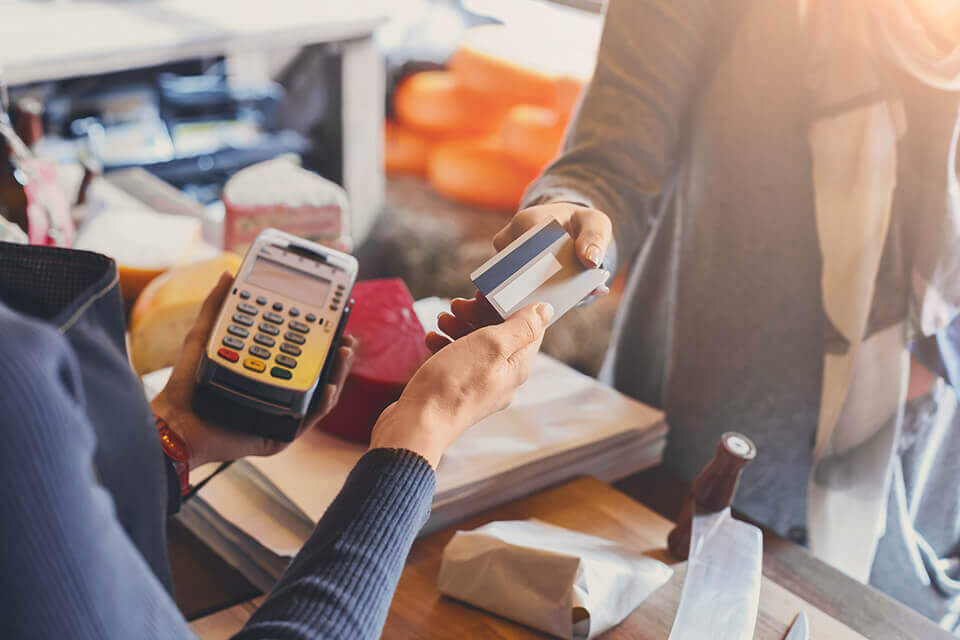
Can the POS System Enhance Your Business?
Depending on the type of business you’re running, these systems can really help you grow your enterprise. Choosing the right provider is one of the crucial steps that could enhance your sales. Different types of these systems are particularly tailored for the needs of restaurant owners, for example, or cosmetic salons. Therefore, you should research them well, as well as all the charges that come along, and find the best solution for you.

